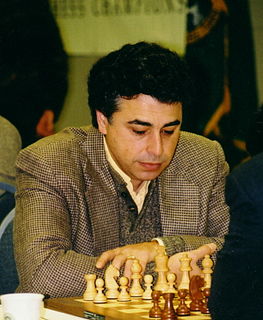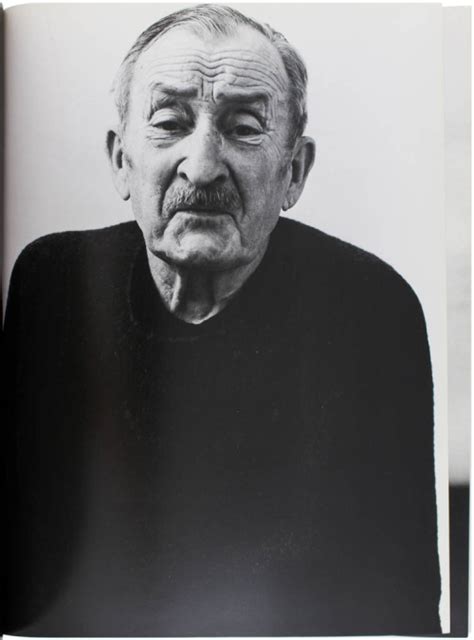A Quote by Seneca the Younger
Straightforwardness and simplicity are in keeping with goodness. The things that are essential are acquired with little bother; it is the luxuries that call for toil and effort. To want simply what is enough nowadays suggests to people primitiveness and squalor.
Related Quotes
History is instructive. And what it suggests to people is that even if they do little things, if they walk on the picket line, if they join a vigil, if they write a letter to their local newspaper. Anything they do, however small, becomes part of a much, much larger sort of flow of energy. And when enough people do enough things, however small they are, then change takes place.
The price we pay for the complexity of life is too high. When you think of all the effort you have to put in -telephonic, technological and relational -to alter even the slightest bit of behavior in this strange world we call social life, you are left pining for the straightforwardness of primitive peoples and their physical work.
The ordinary people will consider it lack of simplicity to harmonize all the changes throughout ten thousand years. With a tired body and a frightened mind, they toil to avoid this and to take that. The sage alone has no prejudice. He therefore proceeds with utter simplicity and becomes one with transformation and always roams in the realm of unity.
The difference between the novice and the master is simply that the novice has not learnt, yet, how to do things in such a way that he can afford to make small mistakes. The master knows that the sequence of his actions will always allow him to cover his mistakes a little further down the line. It is this simple but essential knowledge which gives the work of a master carpenter its wonderful, smooth, relaxed, and almost unconcerned simplicity.
Christianity seems at first to be all about morality, all about duties and rules and guilt and virtue, yet it leads you on, out of all that, into something beyond. One has a glimpse of a country where they do not talk of those things, except perhaps as a joke. Every one there is filled full with what we should call goodness as a mirror is filled with light. But they do not call it goodness. They do not call it anything. They are not thinking of it. They are too busy looking at the source from which it comes.
Nowadays, as before, the public declaration and confession of Orthodoxy is usually encountered among dull-witted, cruel and immoral people who tend to consider themselves very important. Whereas intelligence, honesty, straightforwardness, good-naturedness and morality are qualities usually found among people who claim to be non-believers.





































